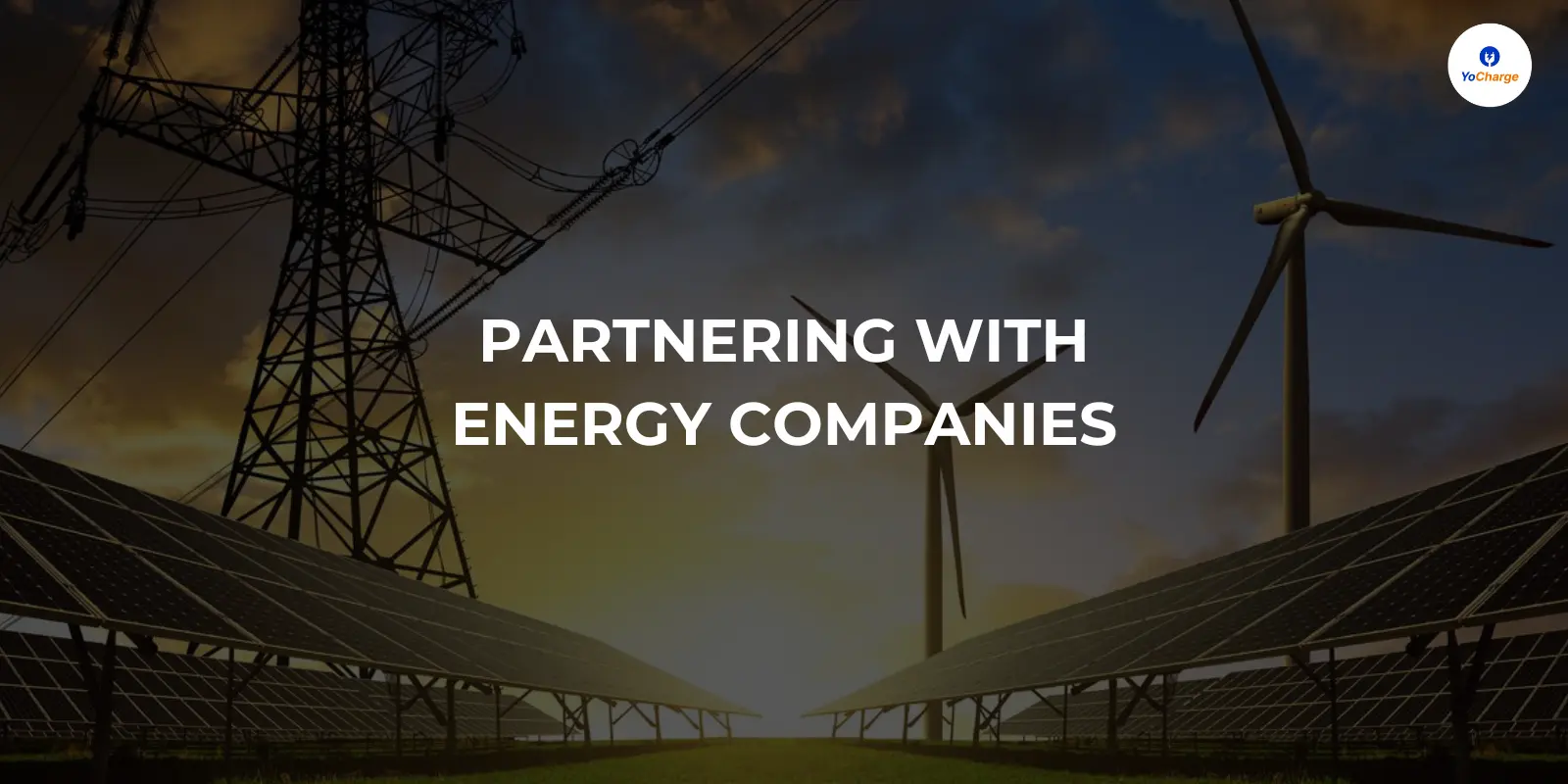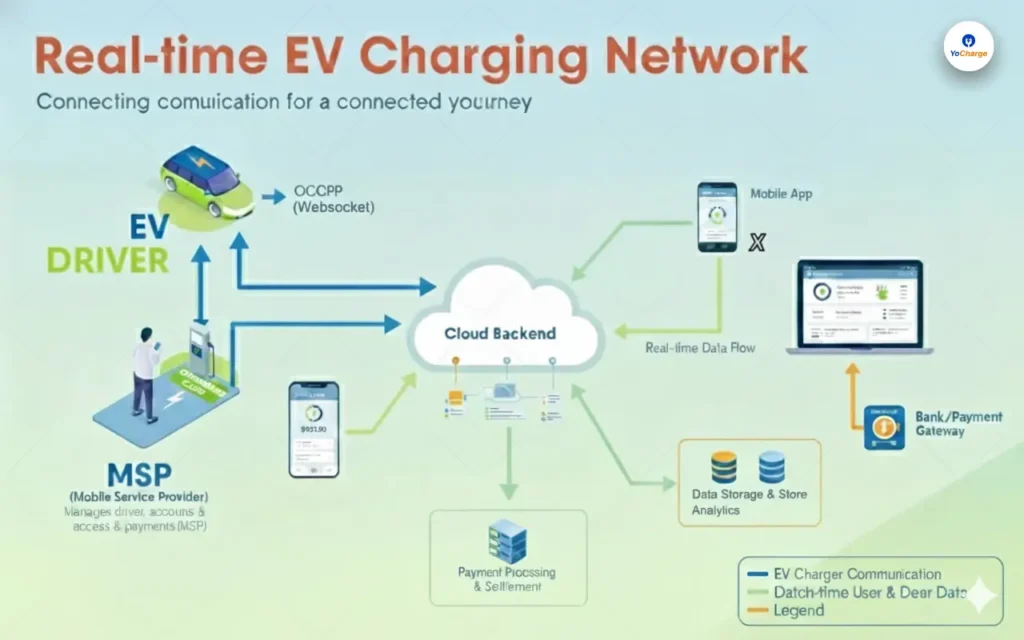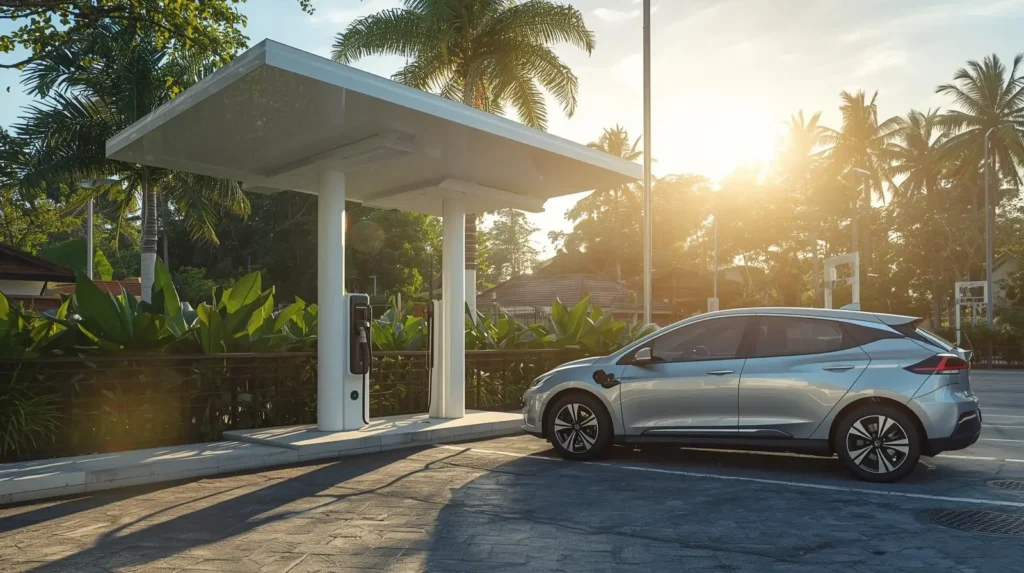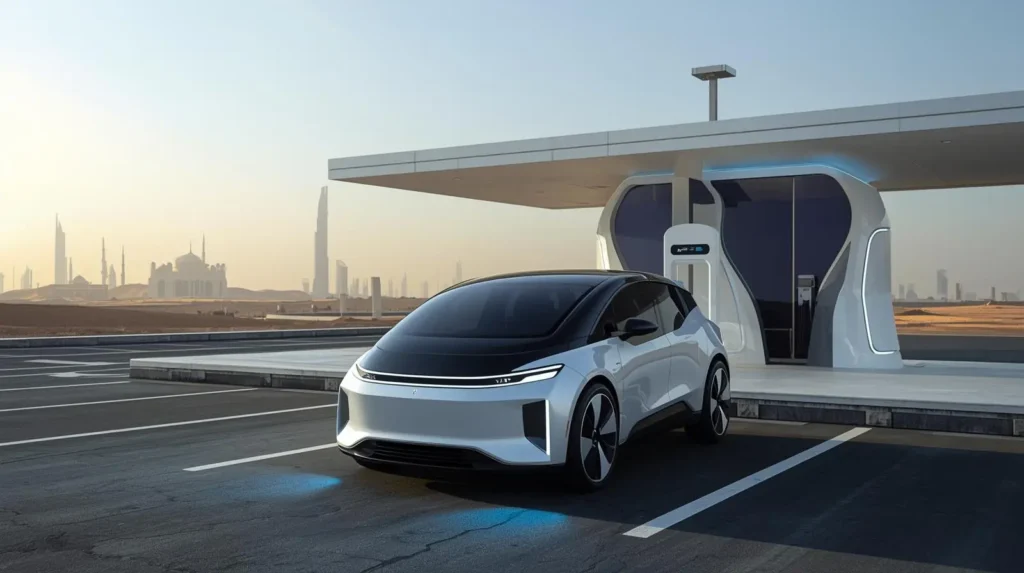
The adoption of electric vehicles (EVs) is increasing rapidly, highlighting the importance of reliable and widespread charging infrastructure. To monetize EV charging services effectively, businesses and organizations are turning to partnerships with energy providers. In this article, we will delve into the advantages and challenges of collaborating with energy providers and explore strategies for maximizing revenues through these valuable partnerships.
Benefits and Challenges of Partnering with Energy Providers to Monetize EV Charging
- Enhanced Infrastructure: Energy providers bring their expertise and resources to the partnership, ensuring the development of a robust and reliable EV charging infrastructure. Leveraging their existing power supply and distribution network, charging stations can be strategically deployed at locations that attract a larger number of EV users.
- Cost-sharing and Financial Support: Collaborating with energy providers can alleviate the financial burden associated with setting up and maintaining EV charging infrastructure. Energy providers often offer financial incentives, grants, or subsidies to businesses or organizations involved in charging station deployment. This partnership enables cost-sharing, creating a mutually beneficial arrangement.
- Access to Advanced Technologies: Energy providers are at the forefront of technological advancements in the energy sector. By partnering with them, businesses gain access to cutting-edge EV charging technologies, such as smart charging solutions, load management systems, and renewable energy integration. These advancements enhance the overall user experience, optimize energy consumption, and contribute to a greener charging ecosystem.
While partnering with energy providers offers significant benefits, there are certain challenges that come with it:
- Regulatory and Policy Framework: The EV charging industry is subject to evolving regulations and policies that can vary across jurisdictions. Navigating this complex regulatory landscape can be challenging when collaborating with energy providers. However, proactive engagement with regulatory authorities and staying informed about relevant policies can help mitigate these challenges.
- Interoperability and Standardization: Ensuring seamless user experiences requires interoperability and standardization of EV charging infrastructure. Collaborating with energy providers entails aligning charging protocols, connector types, and billing systems to enable compatibility across different charging networks. Overcoming these technical challenges is crucial to establish a user-friendly and universally accessible charging network.
Strategies for Maximizing Revenues Through Collaboration with Energy Providers
- Revenue-Sharing Models: Partnering with energy providers presents opportunities for implementing revenue-sharing models. These models can be structured based on various factors, such as electricity consumption, charging session duration, or a fixed fee per charging session. By establishing transparent and equitable revenue-sharing agreements, both the energy provider and the charging infrastructure owner can benefit financially.
- Value-added Services: In addition to charging services, businesses can explore the provision of value-added services to enhance revenue generation. This may involve offering premium charging options with faster charging speeds, dedicated parking spaces, or access to exclusive amenities. Through collaborations with energy providers, businesses can leverage their expertise to deliver innovative services that cater to the specific needs of EV users.
- Demand Response and Grid Services: Collaborating with energy providers allow businesses to participate in demand response programs and grid services. By utilizing smart charging capabilities, businesses can optimize charging schedules to avoid peak demand periods, thereby contributing to grid stability. Engaging in these grid services can create additional revenue streams for businesses involved in EV charging.
- Data Analytics and Insights: Energy providers possess valuable data on energy consumption, charging patterns, and user behavior. Establishing partnerships with them enables businesses to access this data and gain valuable insights into EV charging trends. This information can be utilized to optimize the deployment of charging infrastructure, develop targeted marketing campaigns, and enhance overall operational efficiency.
Conclusion
Partnering with energy providers offers great opportunities for businesses and organizations looking to monetize EV charging services. This collaboration improves infrastructure, provides financial support, and enables access to advanced technologies. However, challenges like regulations and interoperability need to be addressed.
To maximize revenue, businesses can use revenue-sharing models, provide value-added services, join demand response programs, and utilize data analytics. These strategies contribute to the growth of the EV charging ecosystem. Collaborative approaches between energy providers and charging infrastructure owners are crucial for a sustainable and profitable transition to EV charging networks.

EV CHARGING BUSINESS
Discuss with Experts
YoCharge is an EV Charging Ecosystem Company, enabling Power, Energy & Utility Companies to capitalise on the EV charging business opportunity.
Book a meeting with our expert to understand how you can add EV charging as revenue stream to your existing business.



